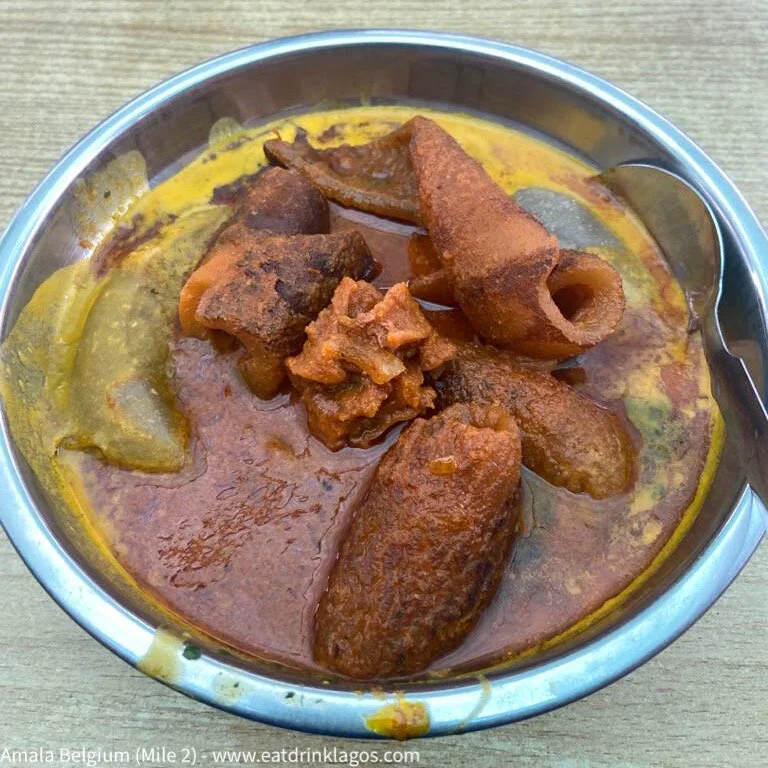Everything You Need to Know About Nigeria's War on Ponmo
If this is the first you’re hearing of this, I hate to be the bearer of such news — but yes, there is a move by a government agency to propose legislation to ban the consumption of ponmo.
The timing of this is hugely suspect, I hear you say. Do I smell a distraction tactic? Nooo, don’t be so cynical. Ponmo is a real problem for us, you know; the way it has no real nutritional value and causes a bit of a dilemma when it’s time to cook seafood okro and you’re really not sure you can bring yourself to leave it out. So, this all makes perfect sense.
This isn’t the first time we’re hearing talks of a proposed ban; NAFDAC was pushing for it hard in 2019, but after a three-year hiatus, it’s back to being a hot topic.
Before you start panic buying ponmo to store in your freezer, here are the facts.
WHAT HAPPENED NOW?
The main issue is that the ponmo we’re enjoying alongside gbegiri and stew is causing issues for the leather industry in Nigeria. NILEST (Nigerian Institute of Leather and Science Technology) is the government agency responsible for the promotion of leather production, and it says that our collective national obsession with cow skin is largely impacting the downward slide of production of leather in the country.
Another fairly serious issue, which has been a big concern for NAFDAC for years, is that not only does cow skin allegedly have zero nutritional benefits, it’s also often being brought into the country illegally, and could be endangering our health as industrial animal hide is pre-treated with industrial chemicals, which makes it unsafe to eat.
“To the best of my knowledge, Nigerians are the only people in the world that overvalue skin as food. After all, Ponmo has no nutritional value.”
— Director-General, NILEST, Muhammad Yakubu
WHAT’S THE GOAL HERE?
Ultimately, it’s to start the process of reviving the “comatose” leather industry in Nigeria, get things into a steady flow and boost the nation’s economy. NILEST wants to see us producing our own bags, shoes and belts on a large scale.
WHAT DOES THIS MEAN FOR ME?
At this stage, it’s still a plan. NILEST is calling on the Nigerian Senate and the House of Representatives for legislative backing for this ban, but whether or not they will receive support is another story entirely. If they do, kpomo may slowly start disappearing from our takeaway bowls and market stalls, and become a rare luxury you may need to pay a ‘steep’ price for.
Have no fear, though. At least for the moment, your kpomo is safe. Enjoy it.

